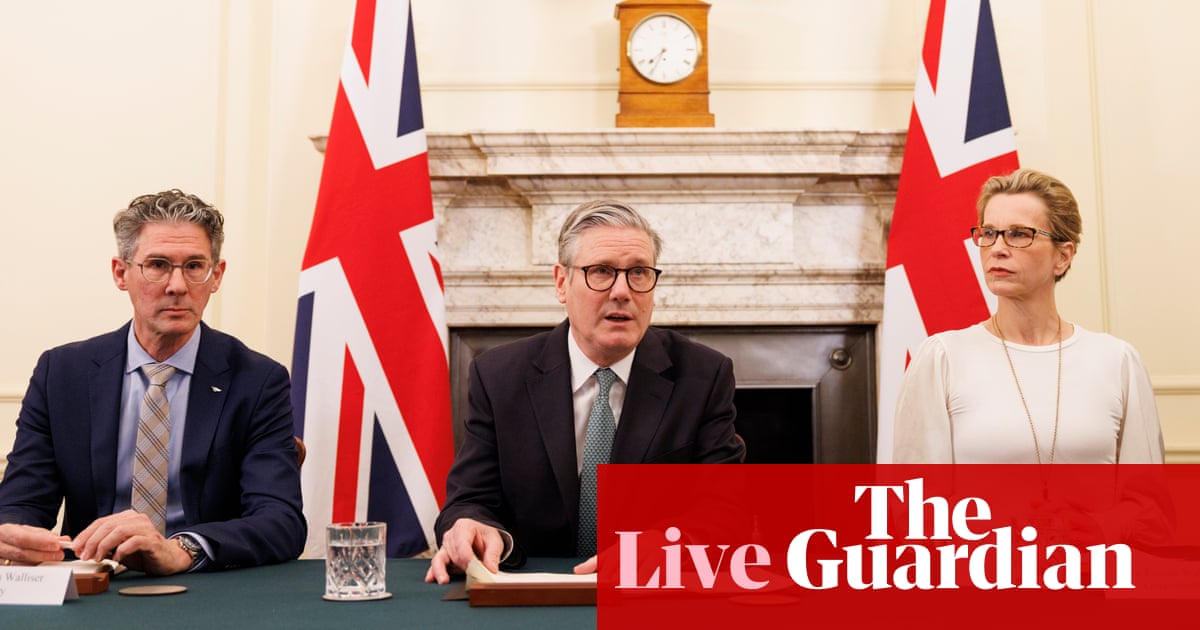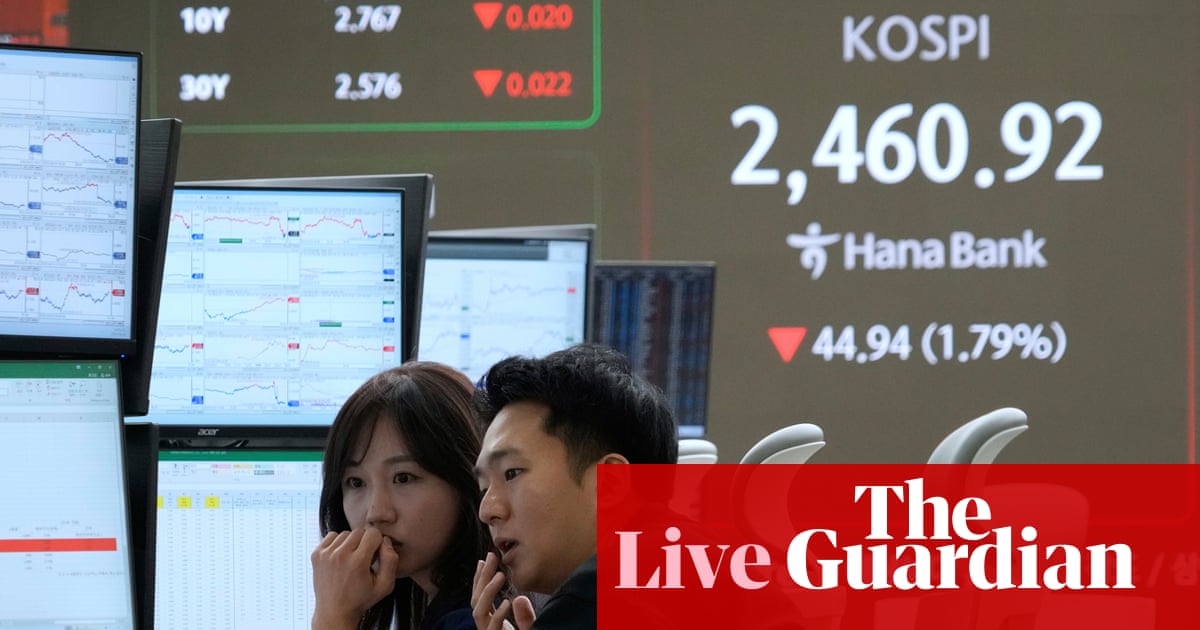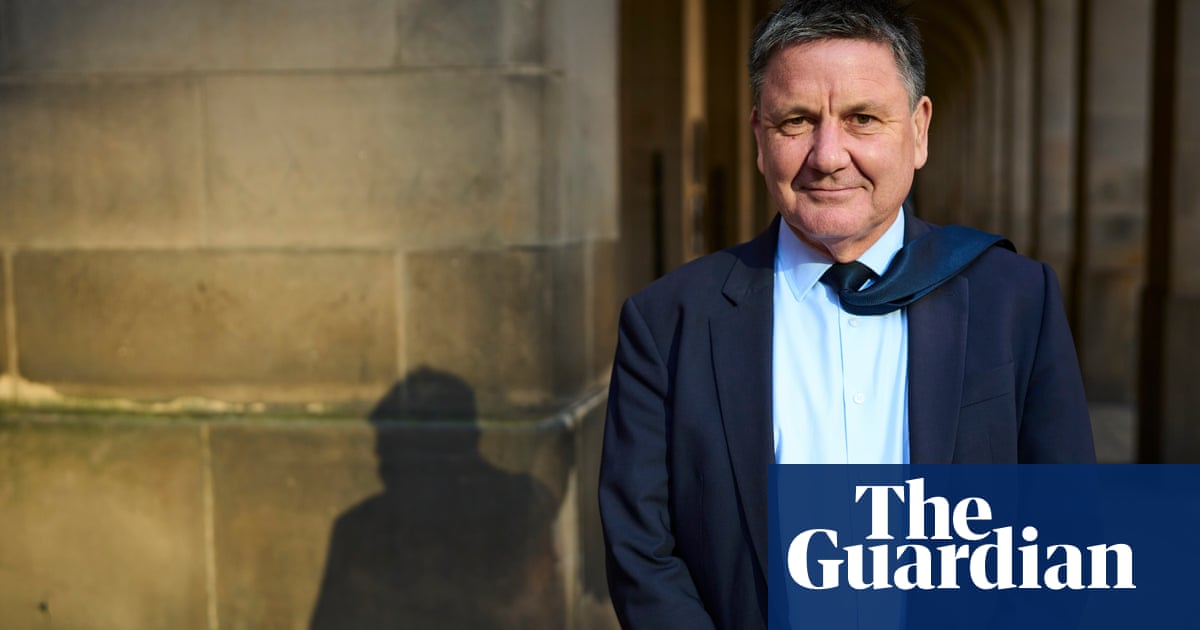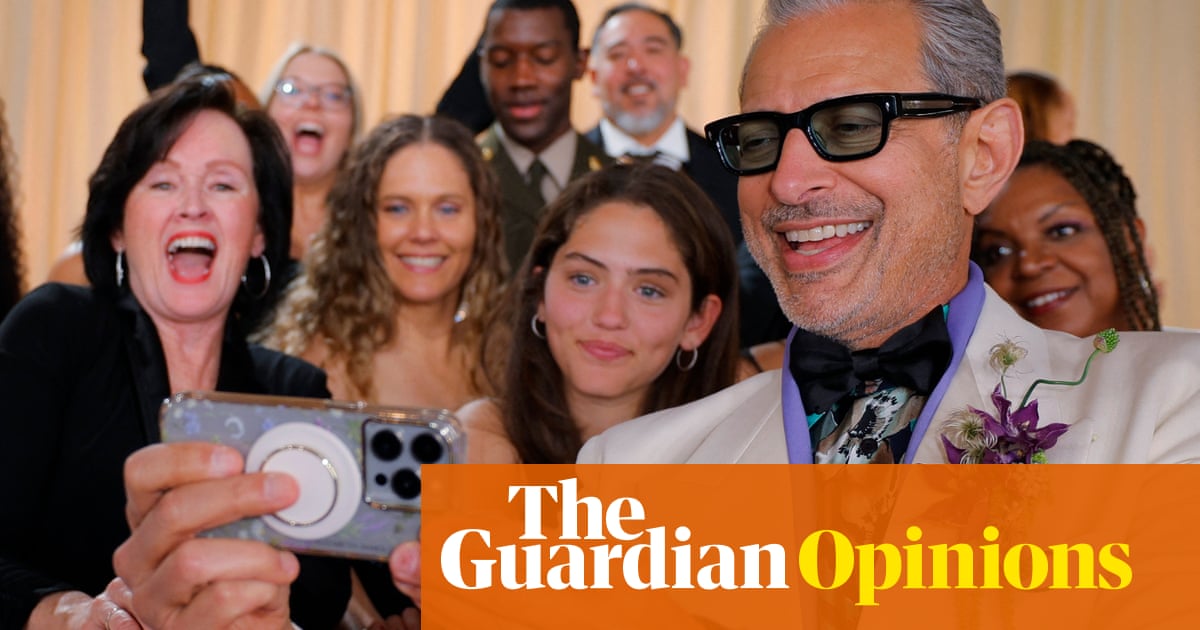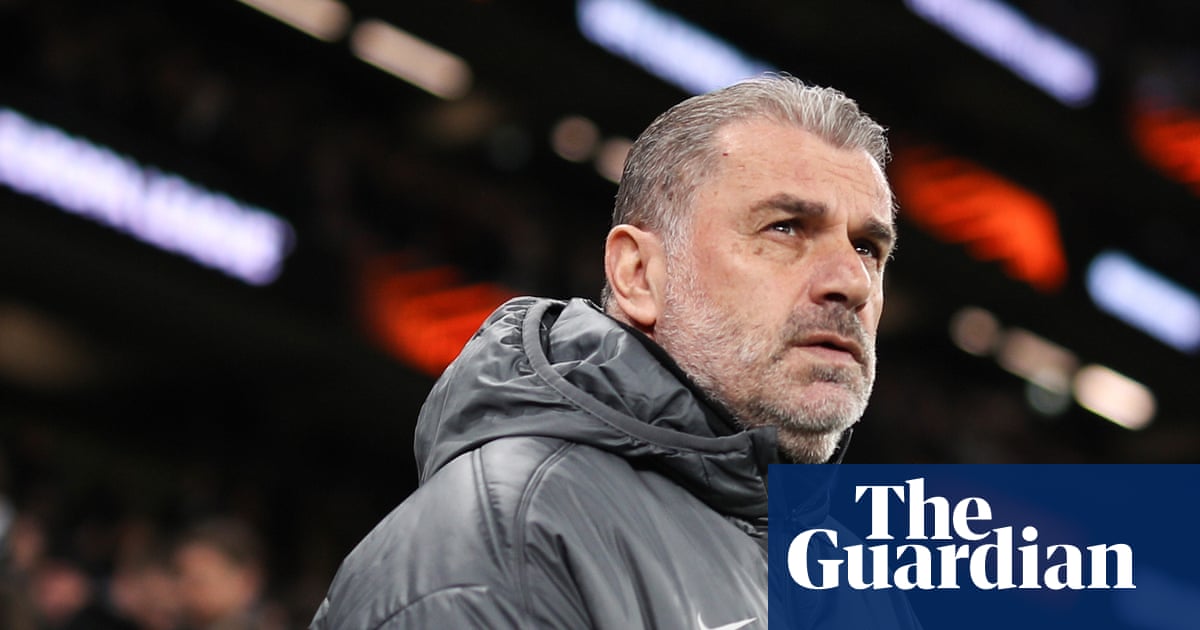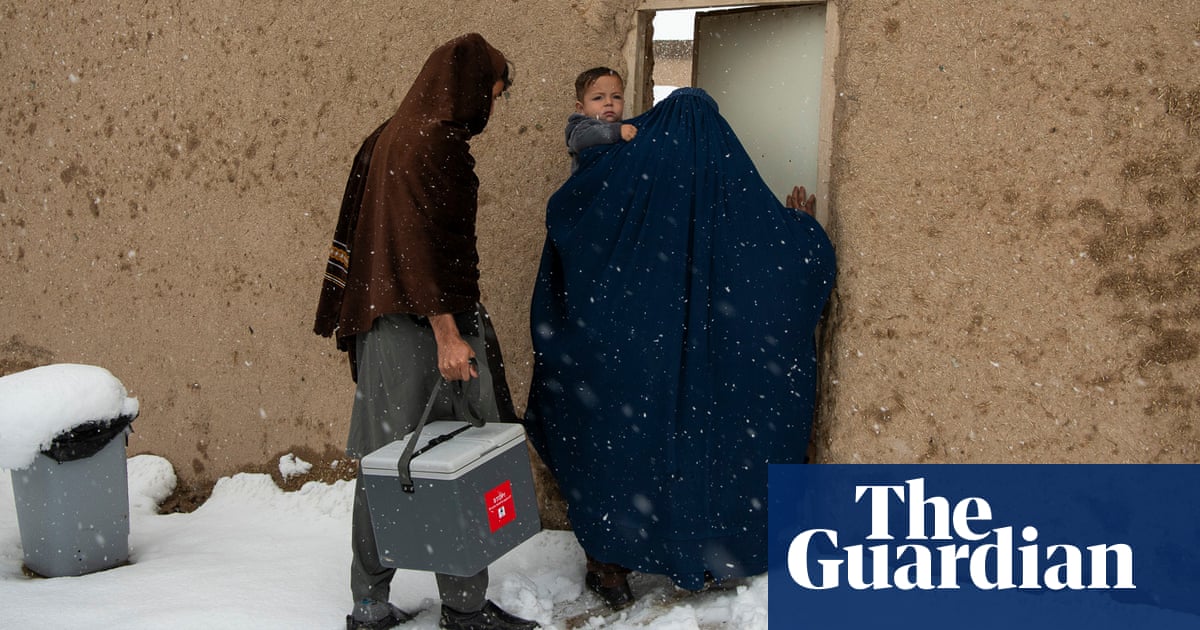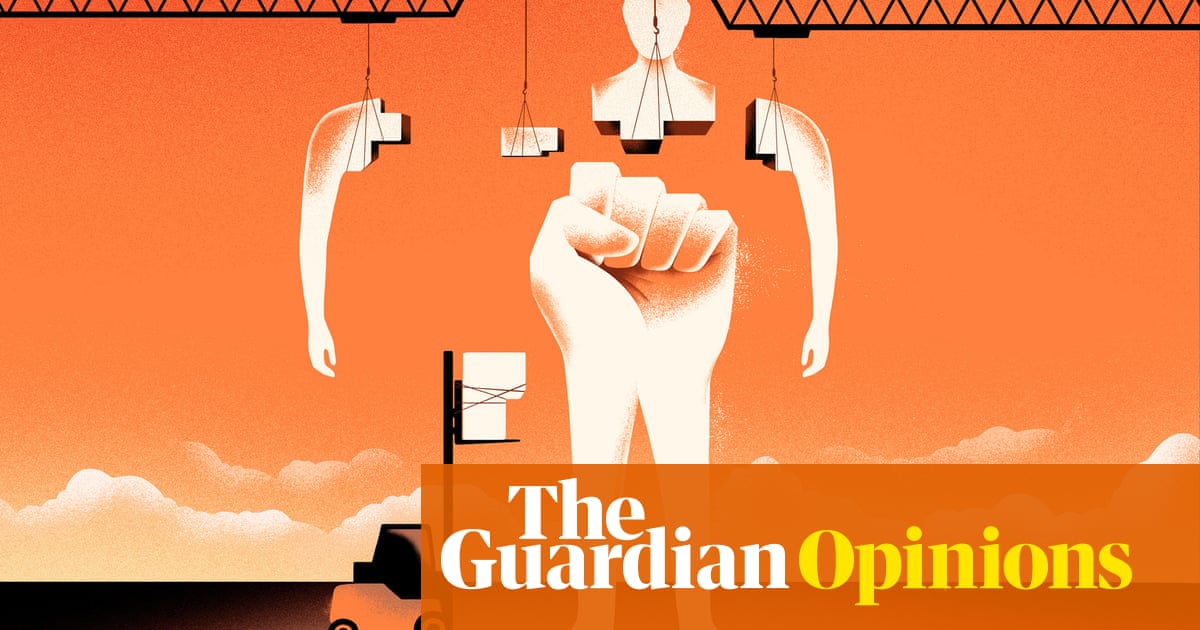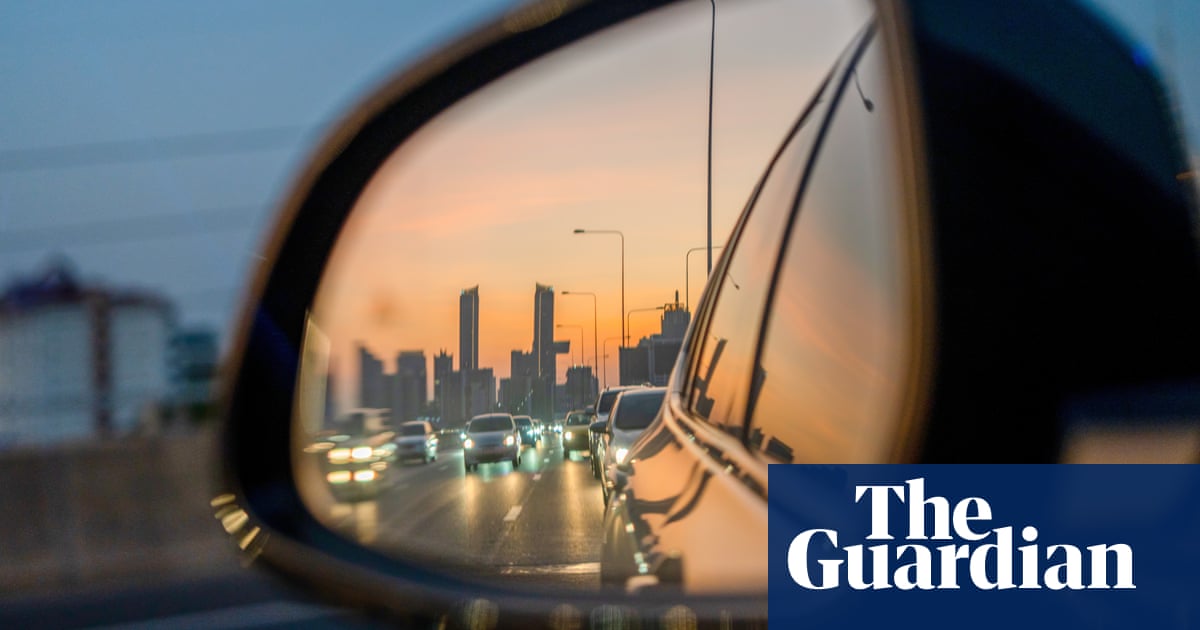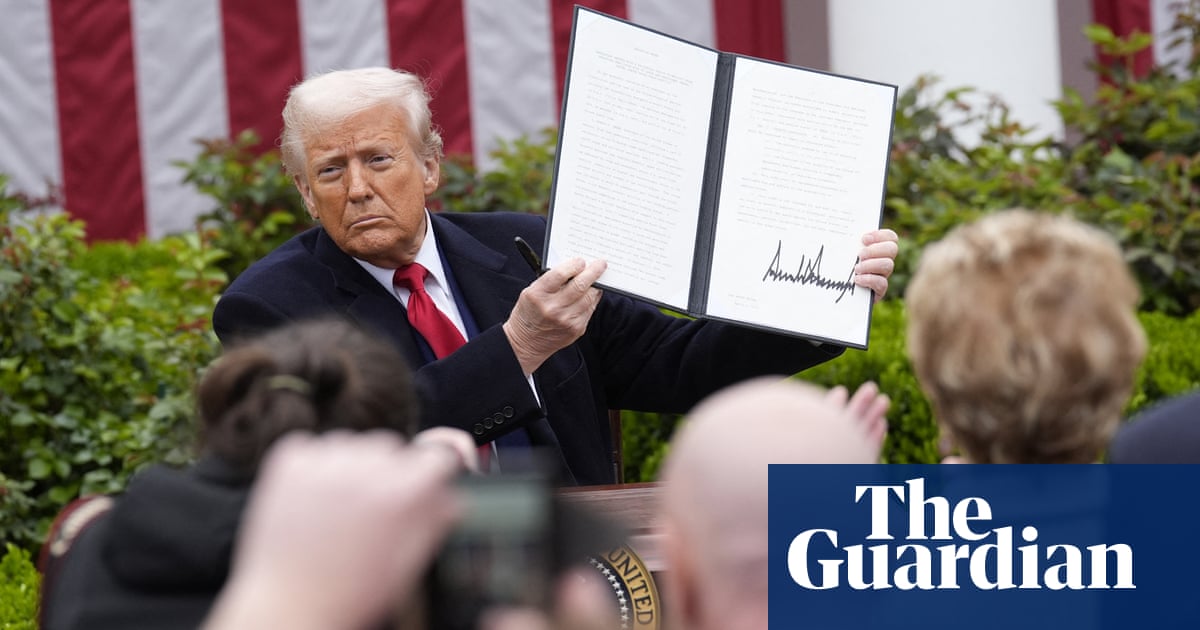Aïda Muluneh has had her eye on the road ever since she left Ethiopia with her mother when she was five years old, making stops in Yemen, Cyprus and Canada. Now she has her eye on the future, building on her reputation as one of Africa’s most accomplished photographers.
Today, Muluneh is training a new generation of photographers in the Ivory Coast city of Abidjan, her home for the past five years. She organises the Africa Foto Fair (AFF) in the city’s working-class neighbourhood of Abobo, as part of a plan to make world-class photography accessible to children everywhere.

-
Aïda Muluneh talking about the exhibits at the Africa Foto Fair, which she organises in Abidjan, Ivory Coast. Photograph: Goekhan Kayal
“There’s always this perception in Africa that art is only for the elite … these are the things that I’m trying to shift in what I do,” she says.
“When I did the first edition a lot of people were saying oh, it’s too far and the area [has a reputation] and I said, I really don’t care, the space is too beautiful to pass it by,” she adds. “I learned so much from the people of Abobo, about the energy of the community and the energy of youth.”
Abobo has produced more than its fair share of talents, including former Arsenal forward Gervinho, as well as the documentary film-maker and photographer Mohamed Aly Diabaté, 34, who was Muluneh’s student when she held her first mentoring workshop in the country in 2019.
The following year, the Adama Toungara Museum of Contemporary Culture, one of west Africa’s largest privately owned museums and a former bus station, opened in Abobo. In November, Diabaté was one of 67 photographers from 31 countries who exhibited there, at AFF’s third edition.
“It’s a great pleasure to see a festival as prestigious as AFF taking place in Abobo,” says Diabaté, who covered – and exhibited his work at – the Africa Cup of Nations earlier this year. “This commune is often stigmatised for its violence, poverty and lack of education, yet this is only part of its story. The choice of Abobo to host the AFF sends a strong message: this community has potential – and this event brought it to light.”

-
The Abidjanaise by N’cho Jean-Louis. He says Ivory Coast ‘hosts 60 ethnic groups, each with unique cultures, languages, and striking masks rich in spiritual and artistic significance. These masks represent ancestral spirits and deities’
The event began as the Addis Photo Fest in 2010, before growing into the bigger, continental version it is today. This year, AFF attracted 11,810 visitors – a 47% increase from 2023 – most of whom were young people, including many from Abobo and similar neighbourhoods.
Muluneh says: “There is nothing more fulfilling than to come in and see kids there after school still in their uniform and walking around … going through everything, doing selfies, doing different kinds of things with the images. That’s what I think is the value of having a cultural event.”

-
Schoolchildren enjoying the exhibits at the Africa Foto Fair. Photograph: Infos Plus/AFF
AFF is the latest in her efforts to attract more young people to photography, after scouting talent through the organisation she founded, Developing and Educating Societies Through the Arts (Desta), and her continuing work as an ambassador for Canon.
The festival included workshops for children from an orphanage and the local neighbourhood on philosophy, moral ethics, and financial and digital literacy at the museum’s computer lab and library, as well as classes on photography lighting. Visitors could also receive basic medical testing for hypertension and diabetes.
The festival’s themes also cut across the spectrum, covering subjects as diverse as everyday living to farming, sport and hair.

-
Documentary film-maker and photographer Mohamed Aly Diabaté with one of his Africa Foto Fair exhibits


-
National Geographic photographer Paolo Verzone giving a lighting workshop; and photographers having their portfolios reviewed. Photographs: AFF
The Zimbabwean photographer Tatenda Chidora, another of the exhibitors, says: “I feel honoured to be part of this year’s edition … the platform is bringing an opportunity for an accurate and modern narrative of the continent.
“These visual stories are being written and produced by humans that experience life as Africans on a daily basis, and not foreign to the continent.”
For Muluneh, who volunteered at community centres as a child, the community outreach is a necessary part of her life.
“I come from a culture where your legacy is not how much money is in your bank account, but what you have transmitted to the next generation,” she says.

-
If Covid Was a Colour by Tatenda Chidora, a Zimbabwean photographer based in South Africa
Recently, Muluneh signed a memorandum of understanding with the Yaba College of Technology in Lagos to “fill the missing holes of their curriculum, getting facilitators to teach courses, artists to come there and do a residency”. She is looking forward to helping the school develop into one that teaches all of Africa and shifts one-sided narratives about the continent.
“I’m looking at the image as not just something that hangs on a wall, but its implications for our society or economics or politics,” says Muluneh. “I tell editors or NGOs, we have the talent base locally [in Africa]. You don’t need to fly in somebody from outside to tell us about our own realities.”


-
Gold With a Mind of Its Own by Chelsea Odufu, a first-generation Nigerian and Guyanese American film-maker and multidisciplinary artist; and a visitor to the Africa Foto Fair in Abidjan. Photograph: Goekhan Kayal
For some, like Diabaté, engaging with young people at the grassroots level is the first step to developing the big picture. “AFF has enabled these young people to dream and believe in their abilities. This kind of initiative shows that art knows no boundaries and can touch hearts, regardless of context or location,” he says.

-
Exhibiting photographer Ala Kheir (centre) with local schoolchildren at the Africa Foto Fair 2024 in Abidjan. Photograph: Fiona Shields/the Guardian

.png) 3 months ago
28
3 months ago
28
